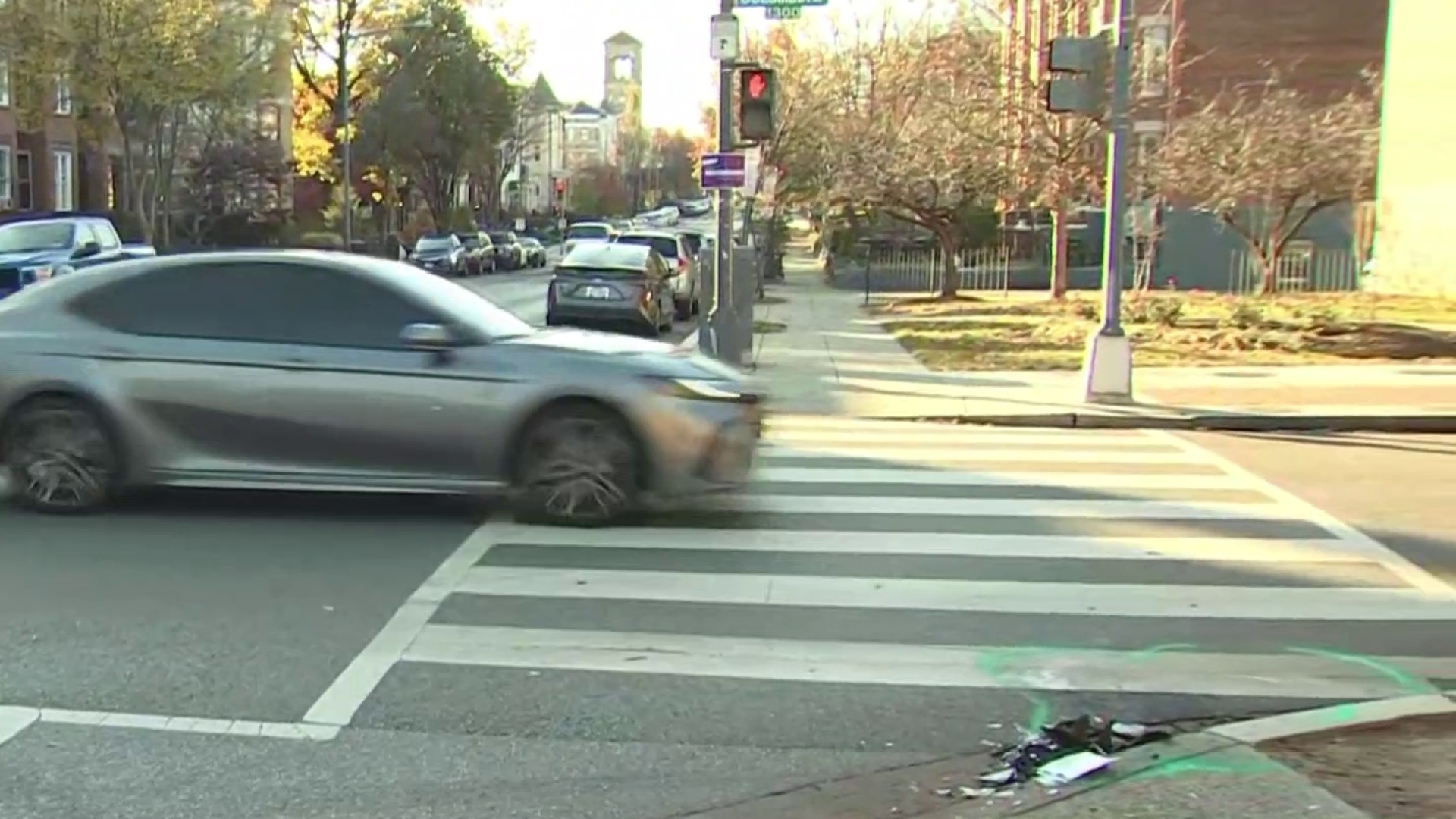Doctors in the D.C. area are using new technology that can help detect a common form of skin cancer through a sticker, and, in some cases, avoid the need for a scalpel.
"It's really very simple," said Dr. Min Deng, a dermatologist with MedStar Health.
She is now using the DermTech Melanoma Test on some of her patients.
Deng says it's an easy, painless way to screen for melanoma using a smart sticker to gently lift skin cells from the surface of a suspicious mole.
We've got the news you need to know to start your day. Sign up for the First & 4Most morning newsletter — delivered to your inbox daily. Sign up here.
"We just, you know, make sure we press it on really tightly and we take the sticker off and we do that four or five consecutive times. So each time we're taking a little bit of DNA on that sticker," Deng said.
A lab is able to extract the DNA that's captured on the sticker, delivering results in a week or two.
Deng says the sticker is not meant to be a replacement for a biopsy, and that’s still the gold standard. But she said the test is a non-invasive way to help identify cancer early.
Local
Washington, D.C., Maryland and Virginia local news, events and information
"It is an extra tool in our toolbox, particularly for patients who may be really nervous about biopsies, who maybe have a lot of atypical moles and you can't possibly biopsy so many," she said.
The smart sticker can only be used on moles, and Dr. Deng says it’s not suitable for some parts of the body where more rare melanomas form.
"There are some subtypes of melanoma that occur in the mouth, you know, on your hands or your feet … and the test is not appropriate for those areas," she said.
Melanoma rates have been on the rise. This year, nearly 200,000 new cases will be diagnosed in the U.S. The survival rate is high if it’s caught early.
"If you're noticing something changing in size, getting darker, bleeding, certainly, or causing pain, those are all warning signs, and it should probably be evaluated by a dermatologist," Deng said.
In terms of insurance coverage, Medicare does cover the test, but most private health insurers do not. Deng said the majority of her patients pay less than $75 out of pocket for the test.
The test has only been validated for adults and is not meant for children.
DermTech says its working to develop noninvasive tests for other skin diseases right now.



